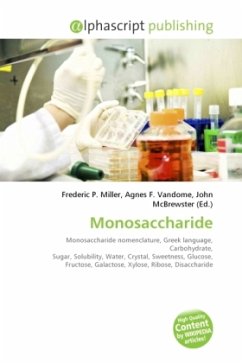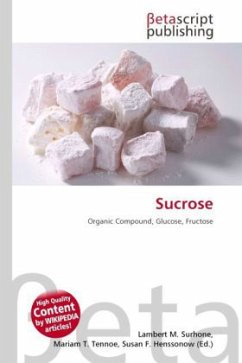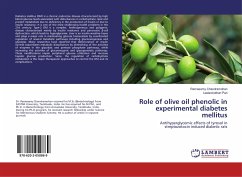Glucose (Glc), a monosaccharide (or simple sugar) also known as grape sugar, blood sugar, or corn sugar, is a very important carbohydrate in biology. The living cell uses it as a source of energy and metabolic intermediate. Glucose is one of the main products of photosynthesis and starts cellular respiration in both prokaryotes (bacteria and archaea) and eukaryotes (animals, plants, fungi, and protists). The name "glucose" comes from the Greek word glukus, meaning "sweet", and the suffix "-ose," which denotes a sugar. Two stereoisomers of the aldohexose sugars are known as glucose, only one of which (D-glucose) is biologically active. This form (D-glucose) is often referred to as dextrose monohydrate, or, especially in the food industry, simply dextrose (from dextrorotatory glucose). This article deals with the D-form of glucose. The mirror-image of the molecule, L-glucose, cannot be metabolized by cells in the biochemical process known as glycolysis.
Bitte wählen Sie Ihr Anliegen aus.
Rechnungen
Retourenschein anfordern
Bestellstatus
Storno








